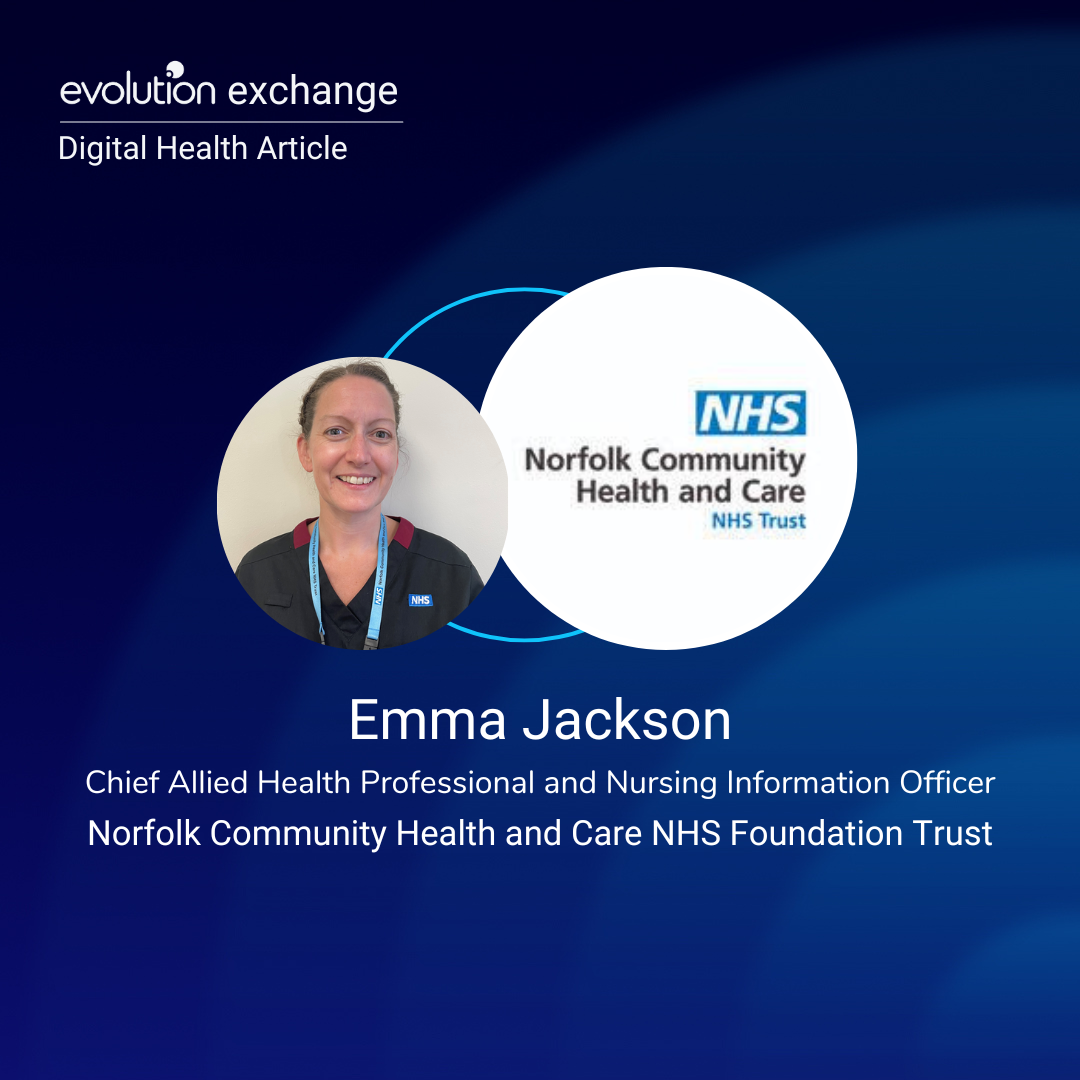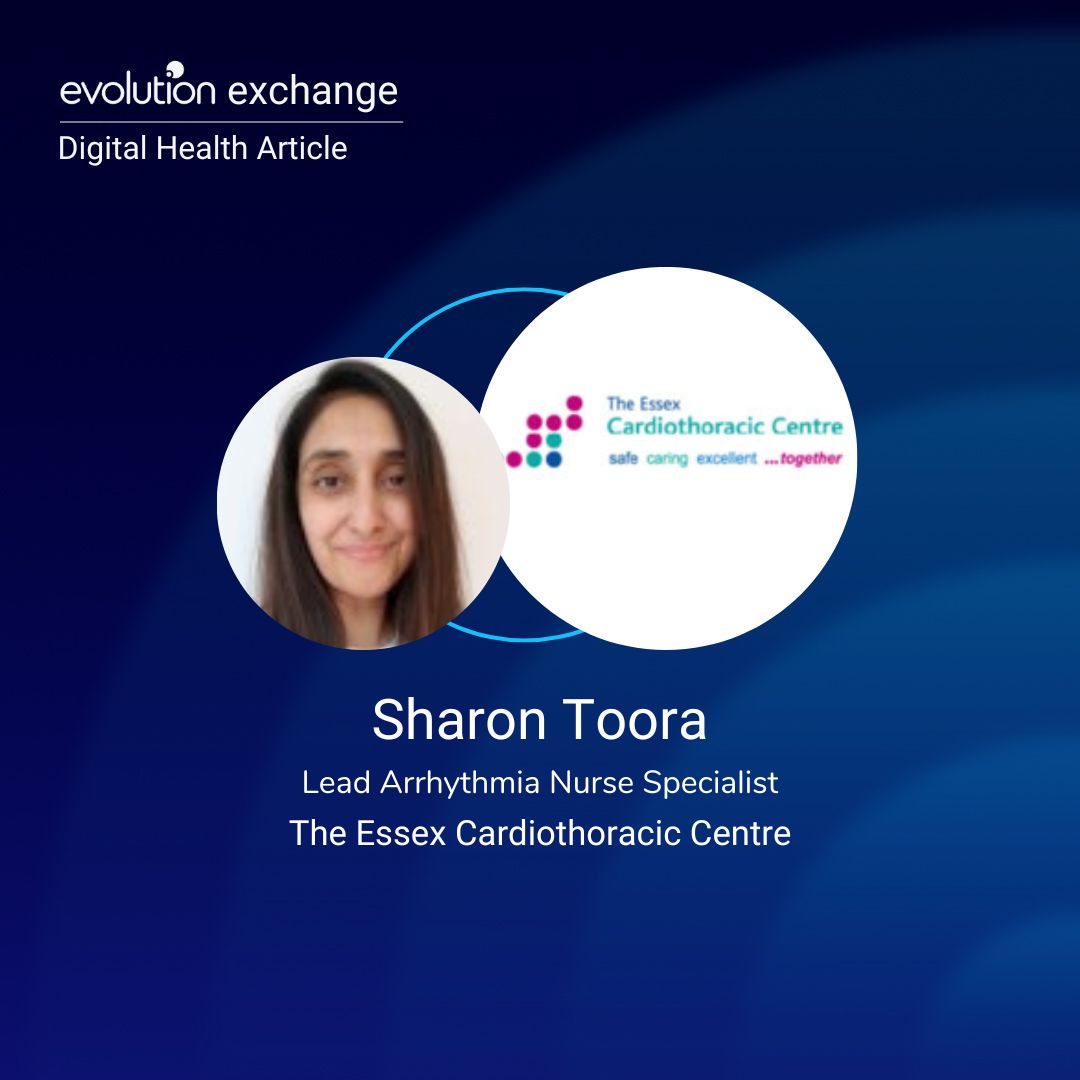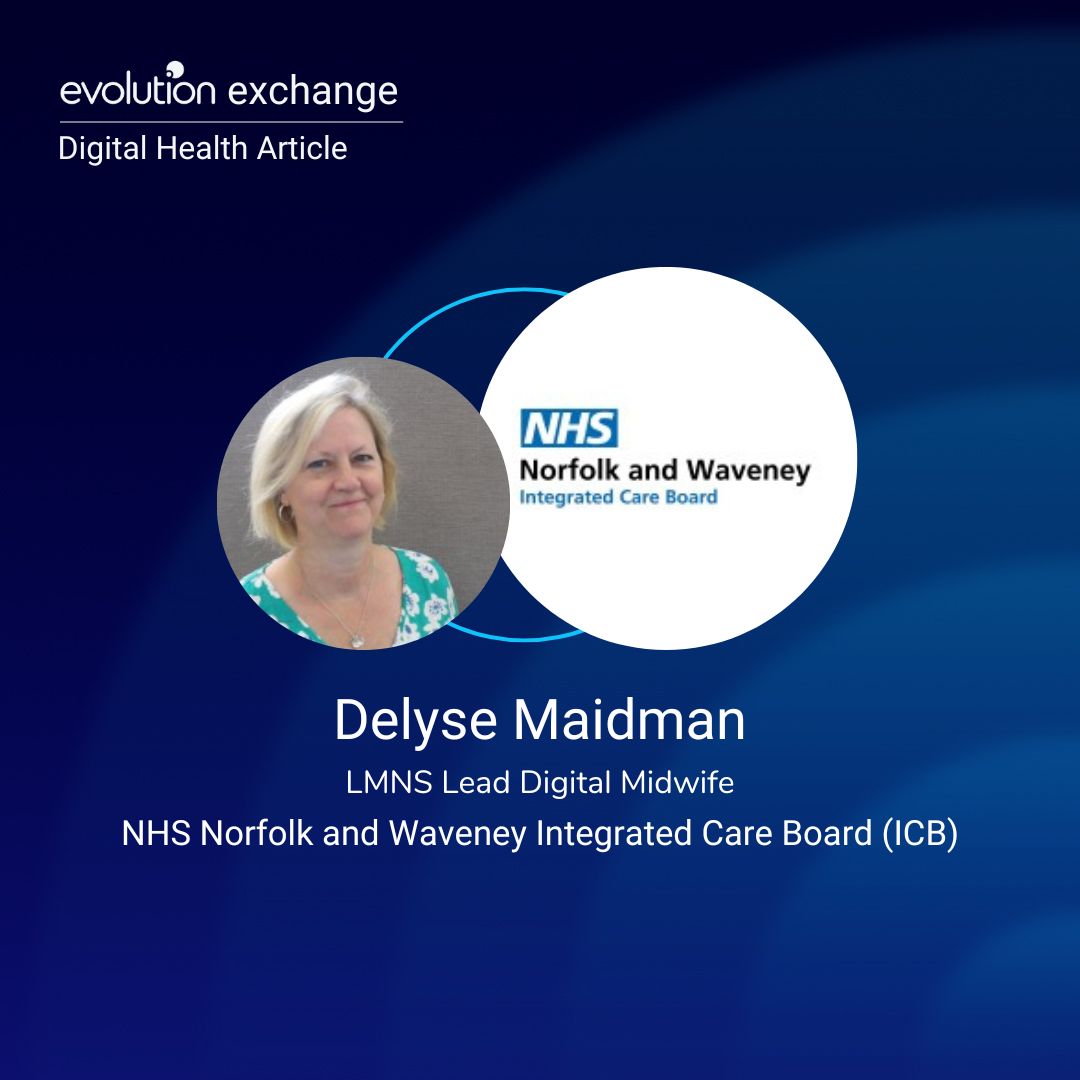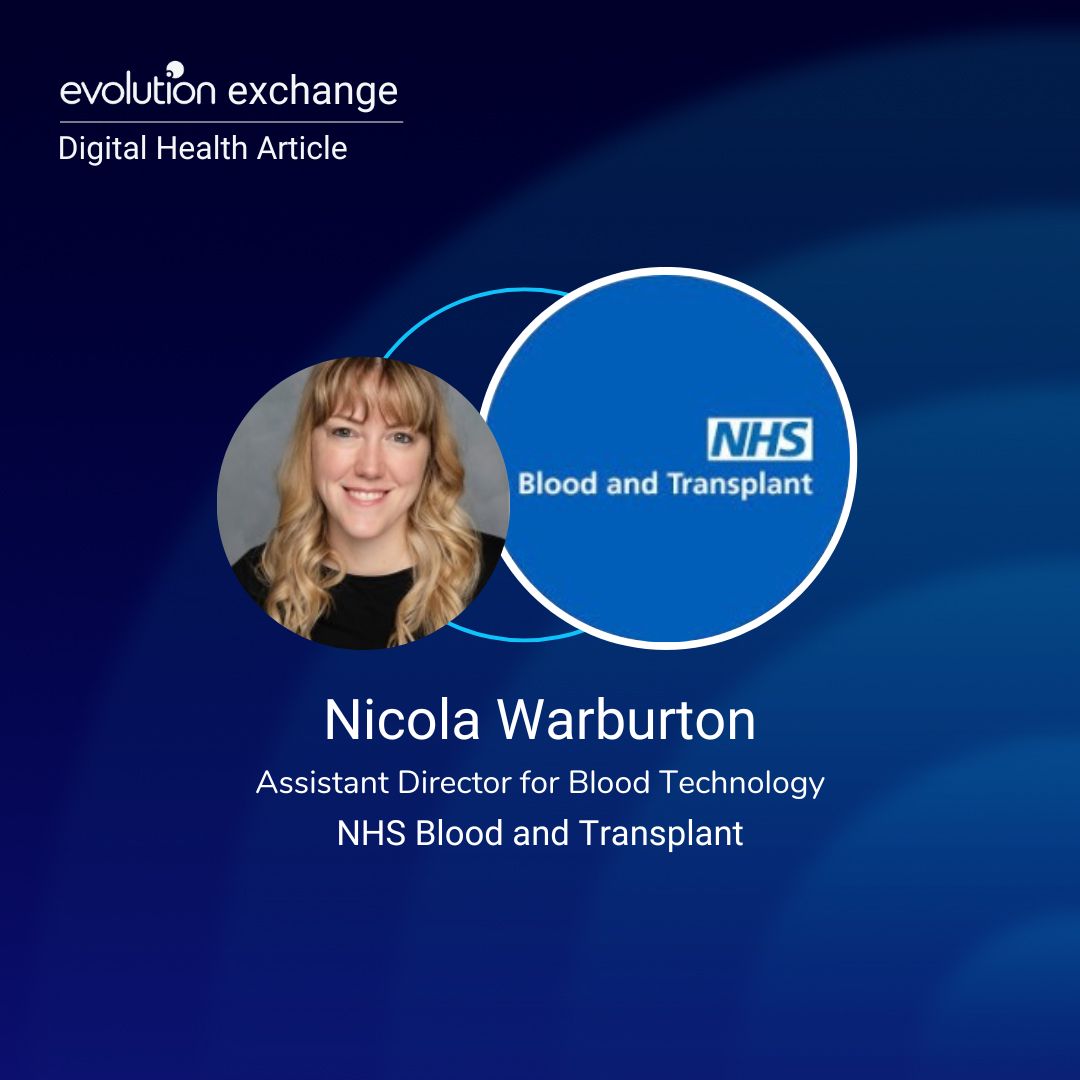A Diverse Career Path in Health IT
Jan Hoogewerf’s journey to becoming a leader in digital health was not a traditional one. With a background in business studies, she entered the healthcare sector through management roles in the NHS. It was during a project implementing the first patient-based system in a community unit that Jan discovered her passion for digital health.
“That was the point where I got this digital bug,” Jan recalls. “I thought, yes, this is what I want to do.”
This pivotal moment led her to join a fledgling computer department, working across hospitals, mental health and community settings. Though this meant taking a step back in her career initially, it provided Jan with a comprehensive understanding of different healthcare environments and solidified her interest in digital transformation.
Over the years, Jan’s career has spanned various roles, including consultancy work and advisory positions at the Department of Health. Her journey eventually led her to focus on supporting the professional development of those entering and advancing in digital health careers.
Today, Jan serves as the Head of Health and Care at BCS, The Chartered Institute for IT. In this role, she works to support and develop IT professionals, ensuring they can work “safely, ethically and inclusively” to make IT “good for society.”
The Importance of Non-Technical Skills in Technical Leadership
One of the key insights Jan shares from her experience is the critical role of non-technical skills in technical leadership positions. While technical expertise is valuable, Jan emphasises that a broader set of skills is equally important:
“Change management, talent management, developing the right team, stakeholder management, are just as important as technical management in technical leadership.”
This perspective opens up opportunities for individuals from diverse backgrounds to enter technical leadership roles. Jan notes that the changing landscape allows for “people who work in clinical roles to come into technical leadership, for women who’ve been working in transformation to come in, and to take on those leadership roles.”
Addressing the Gender Gap in IT
Despite progress, Jan acknowledges that there is still a significant gender gap in the IT profession. She cites research showing that “women only still only account for 20 percent of the IT profession.” The disparity is even more pronounced for black women, who make up just 0.7 percent of IT professionals despite representing 1.8 percent of the workforce.
Jan sees this as a clear indication that “there’s still a long way to go in getting women into technical leadership roles.”
Overcoming Imposter Syndrome
Like many women in leadership positions, Jan has experienced imposter syndrome throughout her career. She attributes this partly to the lack of female role models in similar positions and the perception of not having enough technical knowledge.
However, Jan offers a refreshing perspective on dealing with these feelings:
“If you can explain it to somebody who is not particularly technical, then you understand it. And if you can’t, then perhaps you don’t.”
She encourages women to challenge the “emperor’s new clothes” scenario, where people may speak knowledgeably about a topic without truly understanding it. Jan highlights the importance of asking for explanations in comprehensible language and recognising that no one can be an expert in all aspects of the broad field of digital health.
The Power of Mentorship and Networks
Jan is a strong advocate for mentorship and networking as tools for career development. She has benefited from mentors throughout her career and recommends the practice to others, “I’ve had mentors most of my life and they have been incredibly helpful, you know, and would recommend that to anybody.”
She highlights the value of having someone outside your organisation to bounce ideas off and sense-check things, especially when entering new areas or taking on leadership positions.
Jan also emphasises the importance of diverse networks, both within and outside the health and care sector. She points to organisations like Digital Health Networks, BCS specialist groups, and the Federation for Informatics Professionals (FEDIP) as valuable resources for networking and learning.
Interestingly, Jan also promotes the concept of reverse mentoring, “you can learn such a lot from people who are early in their career.”
Advice for Aspiring Leaders in Health Tech
For those looking to advance their careers in health tech, Jan offers several pieces of advice:
- Seek out development opportunities. Jan recommends looking into programs like FEDIP’s Future Digital Leaders, Digital Health’s leadership scheme, and the Florence Nightingale Foundation’s programmes for nurses and midwives.
- Explore opportunities within your organisation. “Secondments, apprenticeships, shadowing, are all valuable.”
- Investigate career pathways. Jan suggests exploring the job role profiles developed by FEDIP and BCS, which provide insight into various digital, data and tech roles.
- Embrace learning opportunities. “Look for development opportunities wherever you can and grasp them.”
The Evolving Landscape of Digital Health
Jan’s career trajectory reflects the rapidly evolving nature of digital health. She sees her field as one of constant development and learning, not just in technology but in a wide range of associated skills.
“It’s about having that opportunity to be constantly developing and constantly learning, not just about technology, because obviously that evolves, but learning new techniques, project management, building a business case etc., which is really valuable and interesting, but sits around digital.”
This perspective underscores the multifaceted nature of careers in digital health and the diverse opportunities available to those entering the field.
Looking to the Future
As the digital health landscape continues to evolve, Jan’s insights highlight the ongoing need for diverse perspectives and skillsets in leadership roles. By encouraging women to recognise their valuable non-technical skills, seek out mentorship and networking opportunities, and actively pursue leadership positions, Jan is helping to pave the way for a more equitable future in digital health leadership.
Her journey from an NHS management role to a leader in digital health serves as an inspiration and a roadmap for others looking to make their mark in this dynamic and crucial field. As Jan’s experiences show, the path to leadership in digital health is not always linear, but it is rich with opportunities for those willing to embrace learning, seek out support, and challenge themselves to grow.






























